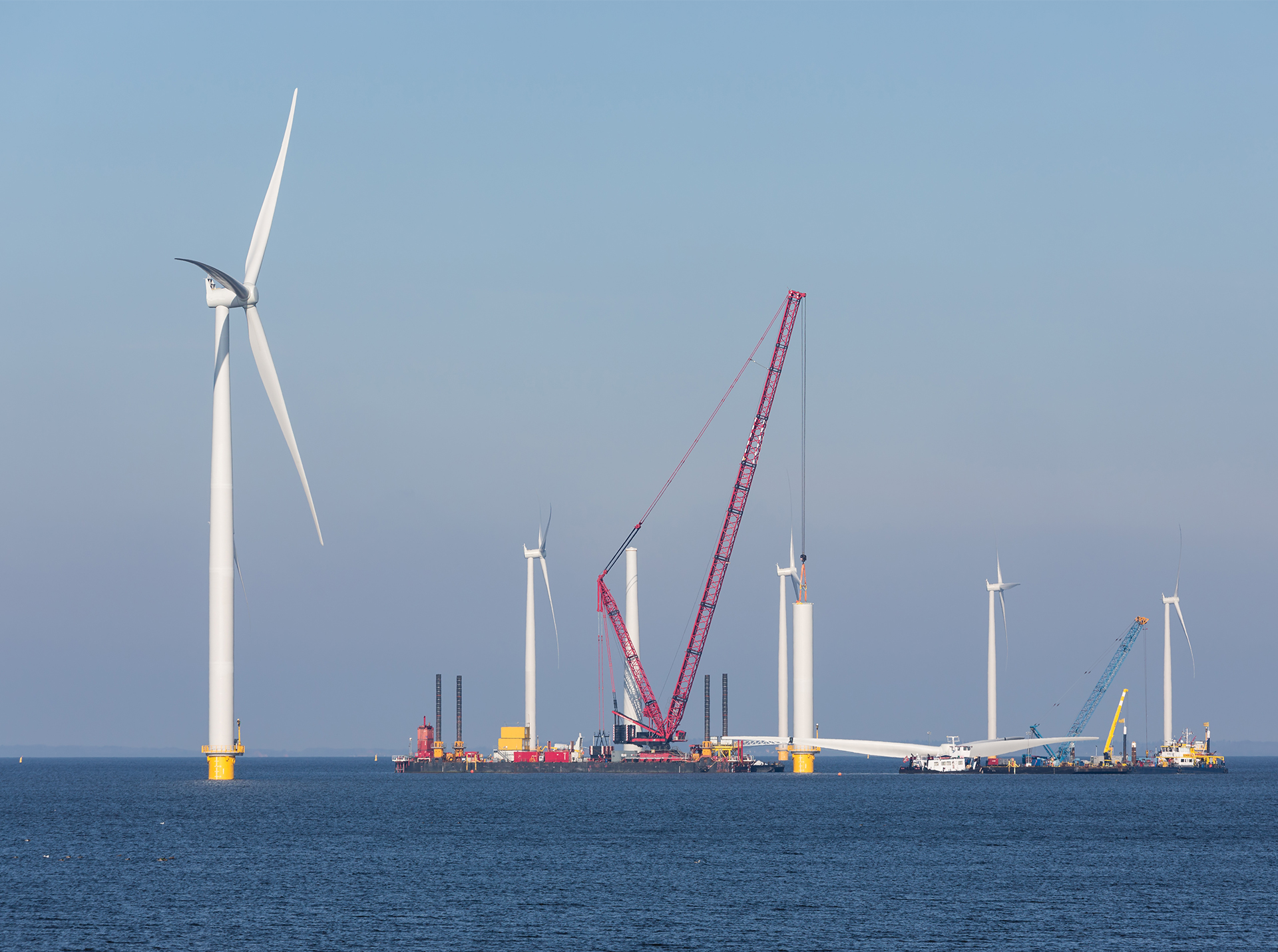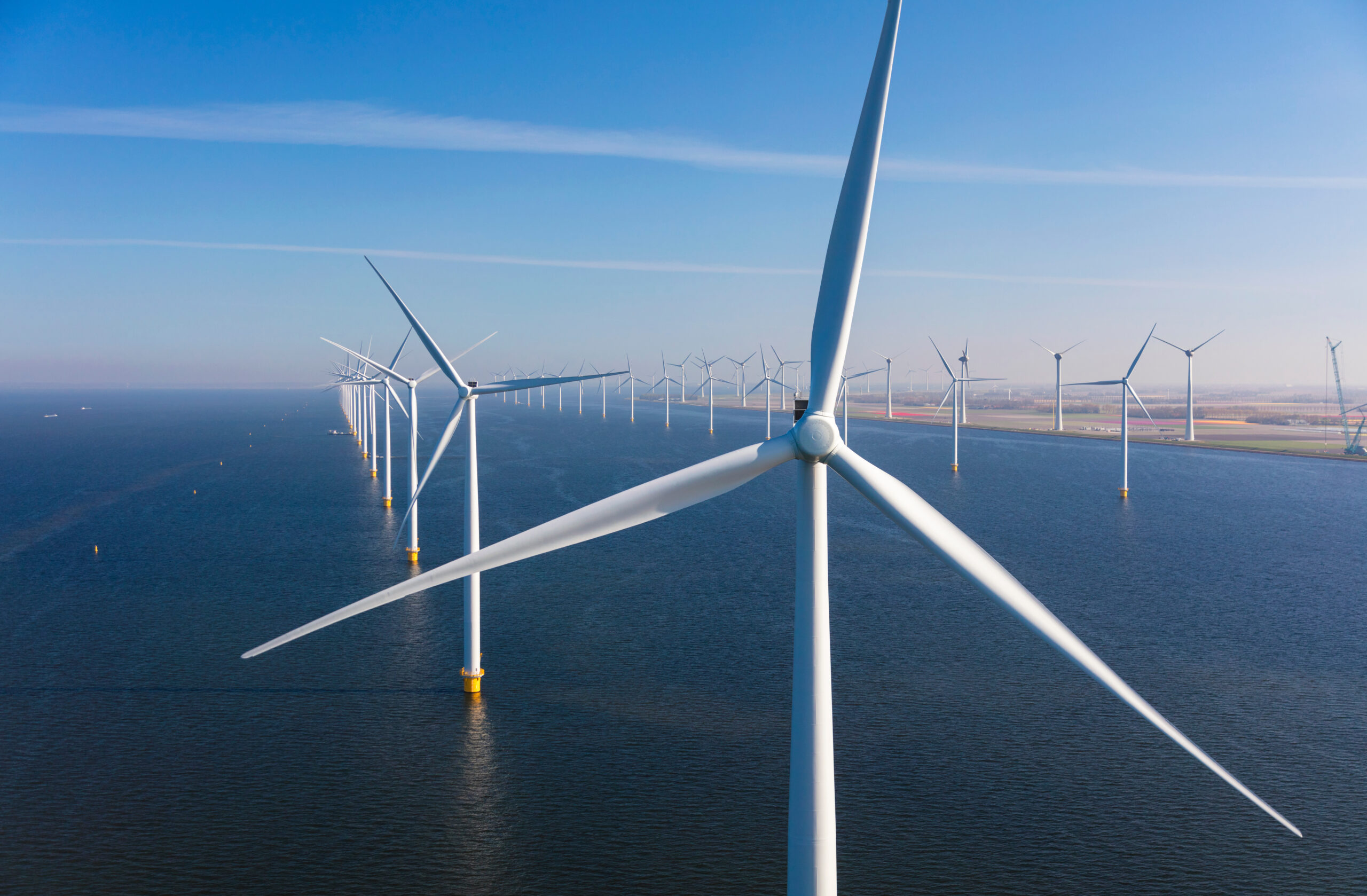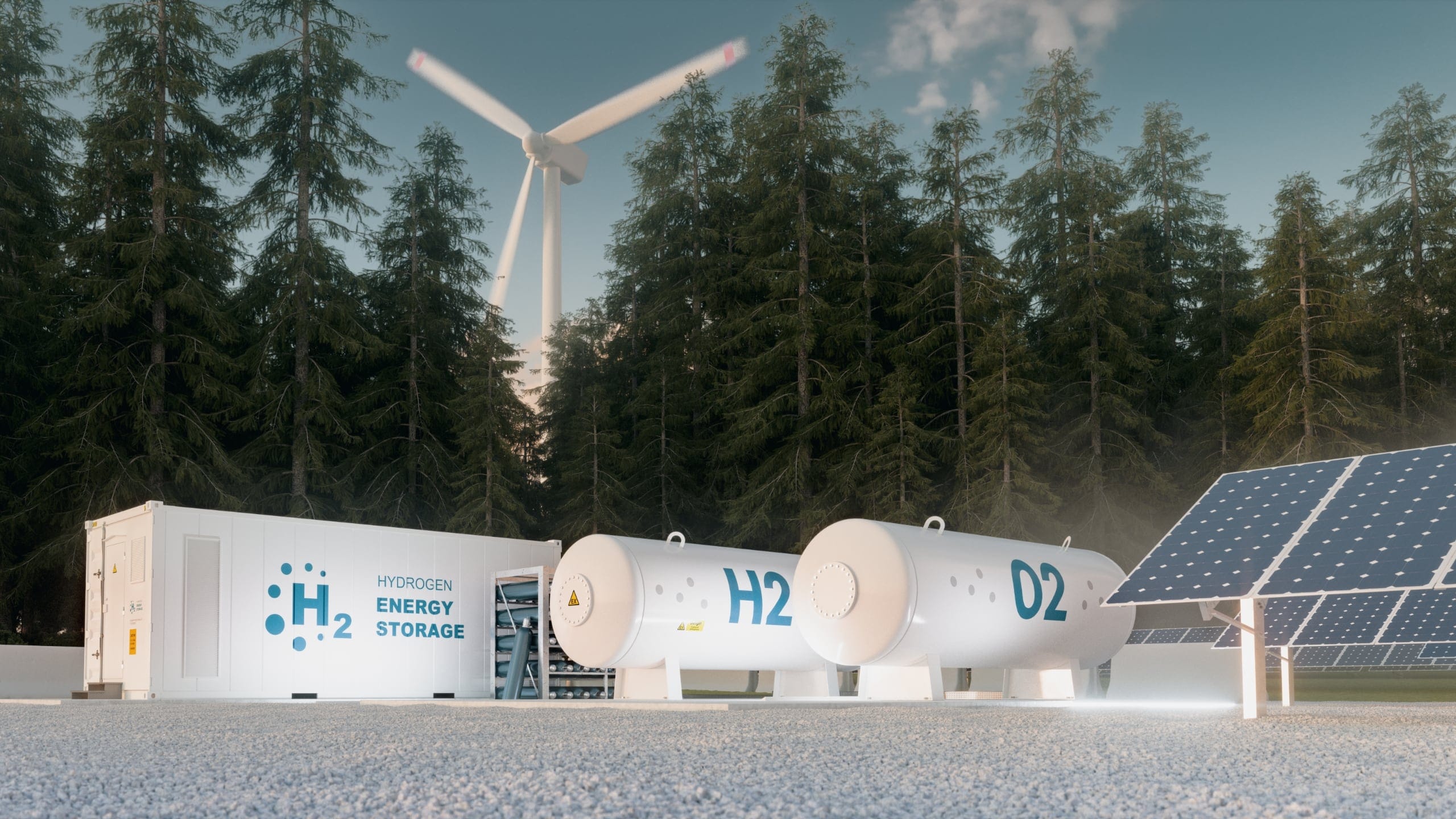NEWS & INSIGHTS | article
‘Critical’ years for rapid test and deployment of net zero technologies

New research has set out how the UK could rapidly accelerate net zero technologies and cut costs in the “critical” years ahead to capture global economic opportunities.
The study, led by the Technology Leadership Board (TLB), Net Zero Technology Centre (NZTC), and Accenture picks out “high impact” areas for the UK to deliver on carbon capture and storage (CCS), hydrogen and floating offshore wind.
However, without acceleration, it warns the UK will “fail to deliver” on the potential prize; with CCS and hydrogen predicted to support 40,000 UK jobs by 2030, and floating offshore wind expected to deliver 29,000 by 2050 .
The “Technology Driving Green Growth” report looks at how innovations will help meet the goals of the North Sea Transition Deal, signed between industry and government last year.
NZTC chief executive Colette Cohen said: “I constantly hear from people that ‘the technology to solve our problems exists today’. I would say that the affordable technology does not exist.
“It lacks maturity, commercial reality and scalability, and so the concept of test and demonstration facilities to innovate against all of these new solutions to make them fit for UK manufacture, affordable and scalable is what’s so important.”
Key recommendations
The report authors put government incentives for “rapid” test and deployment top of their recommendations, particularly for components that have the potential to be scalable and modular. These could slash levelised costs “by at least 50%” for offshore wind, electrolysers for hydrogen, and CCS.
It also calls on government to “sponsor and champion” test and demonstration centres, which could “de-risk or fail fast” multiple offshore wind technologies to ensure pace and cost reductions. They could also bring together different elements of the supply chain and “promote, standardise and scale promising technologies which could be developed”.
Last on the list is creation of an infrastructure plan to transport, transmit, store and manage new energy commodities such as hydrogen, ammonia, renewable electricity and CO2.
A key message from the report is that there is “no single solution” and the industry needs to be more “entrepreneurial” to capture the opportunity.
Ms Cohen said: “If we want to take up the opportunity that all of this new energy provides to the UK, then it is super important we start doing the innovation, testing and the design for build and manufacture in the UK now.
“Otherwise we will buy those solutions from somebody else by 2030 and that’s not going to give you the jobs or the value that this opportunity could bring the UK.”
That requires companies to “be bold” with their approach to innovation and industry making sure that as much of the work as possible is delivered “within the country”.
Read the full article here
Subscribe for the latest updates

